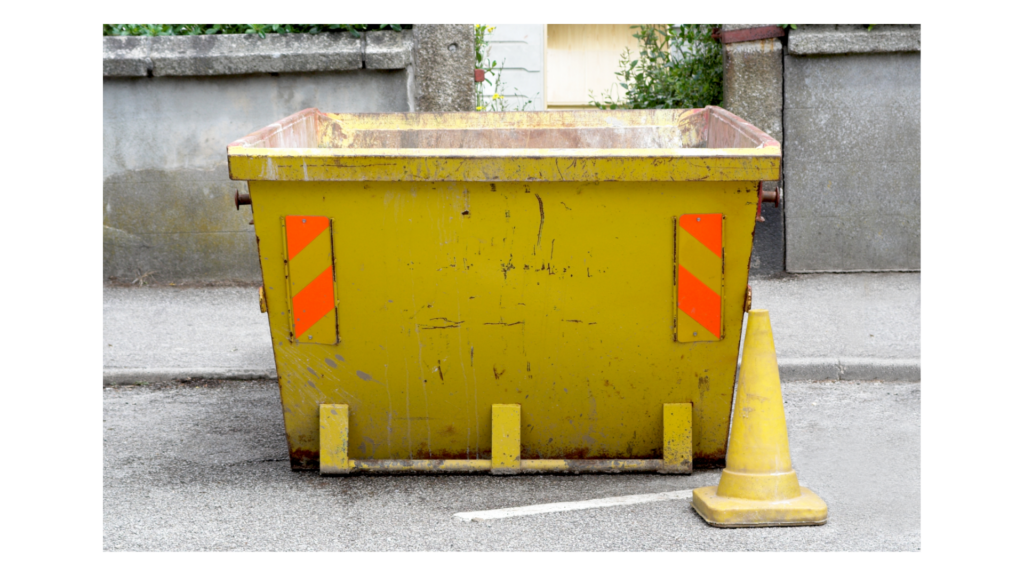
When you’ve got more to throw away than the regular bin collection can handle, hiring a skip can be a very handy way to clear a lot of rubbish. It’s a step worth considering if, for example, you’ve moved into a new place and need to move a lot of volume out, or if you have a landscaping project to finish out and a lot of green waste to dispose of. But there are rules for what you can get rid of this way, and it’s important to know those rules.
Getting rid of a lot of hardcore material very quickly is something that demands a heavy-duty solution, and a skip is ideal for the purpose. Bricks and concrete can present a disposal problem as, even though they might not take up a lot of space, they are heavy. On the bright side, you can fit a lot of building material into a skip, although it is also worth holding some back if you need to create a solid hardcore base for a shed, a gravel pit or other hardscaping.
Obviously there are plenty of compounds you wouldn’t be able to dispose of in a skip which we don’t even really need to explain, but paint is one that might surprise a lot of people. The truth of the matter is that paint needs to be disposed of more carefully - it can be a contaminant that affects the local environment in a negative way. Used paint cans should be disposed of at your local tip where there will be processes in place for their safe destruction; if mixed in with general waste, these processes cannot be carried out.
Your general recycling will not generally pick up metal that is larger than a tin can; a general rule of thumb is that if it is larger than a recycling bag, they won’t recycle it. You can dispose of it in a skip, though, and so if you have old corrugated iron or sheet metal - and you can’t get someone to pick it up for their own use through a freecycling site - it can go in a skip without a problem. Just make sure it fits within the skip without hanging out.
Some skips are very big, and some fridges and freezers are very small, but this should not lead you to believe that you can dispose of the latter in the former. Fridges and freezers - along with some other appliances such as air-conditioning units - contain coolant which is an environmental hazard. There are specific Waste Electrical and Electronic Equipment (WEEE) guidelines pertaining to the disposal of these units; check which facilities in your local area are equipped to handle this.
In addition, tyres may not be disposed of in a skip; they have been designed to handle road travel at high speeds, so you can probably imagine how long it would take for them to break down in landfill. If you need to dispose of old tyres, they must be taken to your nearest waste centre where they can be prepared for appropriate disposal.